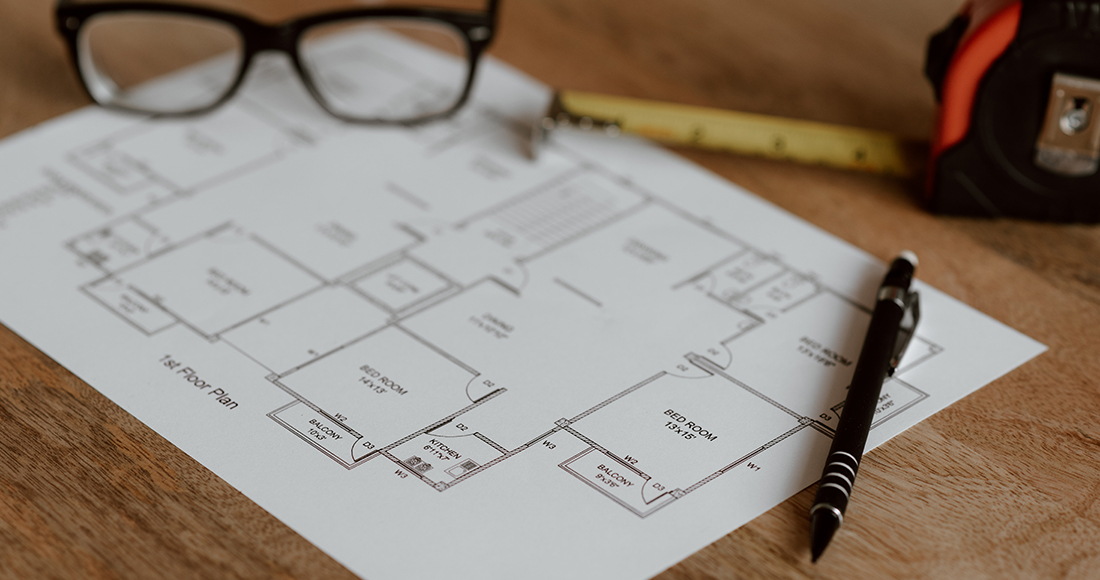
To better understand the distinction between commercial and residential plumbing, it’s essential to grasp the fundamentals of each. Residential plumbing primarily serves single-family homes or apartments, focusing on the plumbing systems necessary to meet the needs of families and individuals. Commonly, this includes water supply and waste removal, as well as gas piping for heating or cooking. The scale of residential plumbing is typically smaller, with fewer fixtures, pipes, and appliances compared to commercial plumbing.
Commercial plumbing, on the other hand, caters to a variety of businesses and industries such as offices, retail stores, restaurants, hotels, and hospitals. The plumbing requirements for these establishments are often more complex and extensive, involving more significant water supply and waste disposal systems, as well as specialised piping for specific operations. The higher demand for water and waste management in commercial settings necessitates larger, more intricate plumbing systems with greater capacity.
Key Differences in Design and Installation
There are several design and installation differences between commercial and residential plumbing systems. Commercial plumbing designs tend to be more intricate and elaborate, as they must accommodate multiple floors, diverse spaces, and a wider range of water usage. For example, commercial buildings often require multiple restrooms, kitchens, or specialised facilities, each with their own set of plumbing requirements.
On the other hand, residential plumbing systems have a relatively simple design with fewer fixtures and a more predictable pattern of water usage. The installation process is generally less complicated, requiring fewer permits and inspections. Additionally, residential buildings usually have only one or two floors, making the installation of pipes and fixtures more straightforward.
Distinct Plumbing Codes and Regulations
Commercial and residential plumbing systems must adhere to different sets of codes and regulations. Commercial plumbing codes are often more stringent, reflecting the complexity and scale of these systems. These codes take into account factors such as the number of occupants, the type of business, and specific industry requirements. For example, restaurants must comply with health and safety regulations concerning grease traps, while hospitals must have specialised plumbing systems for medical gases and waste disposal.
Residential plumbing codes, although still important, are generally less demanding. They focus on ensuring that the plumbing system in a home is safe, functional, and adequate for the occupants’ needs. Homeowners must comply with local building codes and regulations when installing or modifying their plumbing systems, but these requirements are typically less comprehensive compared to commercial plumbing.
Varied Maintenance and Repair Needs
The maintenance and repair requirements for commercial and residential plumbing systems also differ significantly. Due to the larger scale and more extensive use of commercial plumbing systems, they often experience greater wear and tear, necessitating more frequent maintenance and repairs. Regular servicing is crucial to avoid disruptions to business operations and maintain a safe, hygienic environment for employees and customers.
Conversely, residential plumbing systems usually have lower maintenance requirements. Homeowners should still schedule routine inspections and servicing to ensure their systems remain functional and safe, but the overall frequency and complexity of these maintenance tasks are less demanding. Simple repairs and preventative measures, such as cleaning drains and checking for leaks, can help homeowners avoid costly and inconvenient plumbing issues.
Specialised Services and Expertise
The skills and expertise required for commercial and residential plumbing services differ as well. Commercial plumbing projects often demand a higher level of technical knowledge and experience, as the systems are more complex and diverse. Commercial plumbers must be well-versed in industry-specific regulations, advanced plumbing technologies, and large-scale installations. They should also have the ability to collaborate with architects, engineers, and other contractors during the design and construction process.
The Impact of Materials and Fixtures
The choice of materials and fixtures in commercial and residential plumbing systems is another factor that sets them apart. Commercial plumbing systems require durable, high-quality materials that can withstand the demands of constant, heavy use. Many commercial applications necessitate specialised fixtures and equipment, such as sensor-activated taps, high-capacity water heaters, and grease interceptors for restaurants. These features are designed to accommodate a higher volume of users and cater to specific business needs.
Residential plumbing systems, while still requiring reliable and robust materials, often have different priorities when it comes to fixtures and fittings. Homeowners tend to focus more on aesthetics and cost, selecting fixtures that match their personal taste and budget. Residential plumbing typically involves standard, easily available fixtures such as traditional taps, showers, and water heaters. These systems do not usually require the specialised equipment found in commercial settings.

